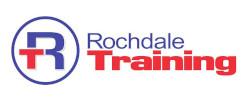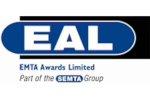APPLY NOW! We are in the process of recruiting for our next HNC courses, due to start in September. We are running the following:
HNC in Manufacturing Engineering (Pearson)
The Pearson BTEC Level 4 HNC Manufacturing Engineering course provides you with a specialist work-related programme of learning that covers all the key knowledge, understanding, and practical skills required to work and progress in roles within manufacturing engineering, such as a manufacturing technician, engineering technician, technician (production), manufacturing engineering technician, integration and test technician or assistant project manager. If you are interested in a career in manufacturing engineering, are looking to progress further in your engineering career, and/or want to progress onto an HND, this is the ideal course for you.

Class sizes will be small and up to 14 learners to provide a more focused learning environment allowing team interaction and a unique opportunity to encourage experience sharing, knowledge exchange and skill building. The combination of small class sizes and our structured approach has contributed to a 100% pass rate since the initiation of the HNC programme with over 80% of students attaining higher grades supporting career progression in the workplace or further study.
Once completed, you will be awarded a Pearson BTEC Level 4 Higher National Certificate in Manufacturing Engineering.
The course offers students a broad introduction to the subject area via a mandatory core of learning and specialist /optional units.
The mandatory units covered are:
• Unit 4001: Engineering Design
• Unit 4002: Engineering Mathematics
• Unit 4003: Engineering Science
• Unit 4004: Managing a Professional Engineering Project
• Unit 4014 Production engineering for manufacturing.
• Unit 4017 Quality and process improvement.
• Unit 4007 Machining and Processing of Engineering Material.
• Unit 4008 Mechanical Principles.
Start Date: September
Duration: 2 Years
Delivery: 1 Day Release on Fridays/Weekly
Cost: £3,000+VAT per year



















